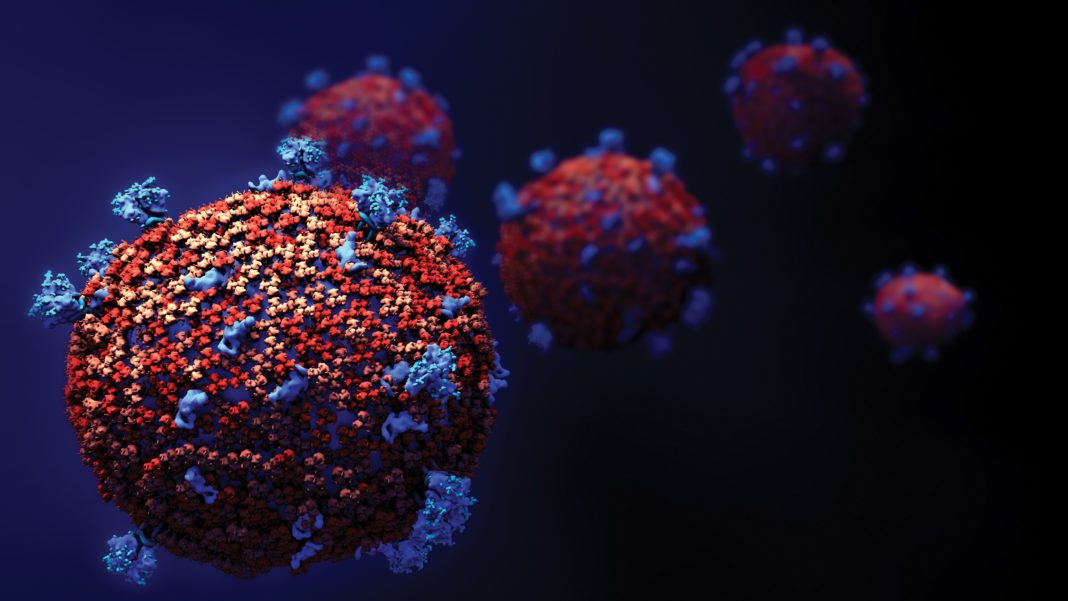
(Source: Genetic Engineering & Biotechnology News)
The chaperone protein GRP78 has been implicated in the spread of viruses and is known to play an essential role in the spread of SARS-CoV-2. Now, a new study suggests that blocking the production of GRP78, or inhibiting its activity with a new targeted drug, greatly reduces the replication of SARS-CoV-2. This suggests that this drug could potentially offer a new type of protection against COVID-19—one that might remain effective even as new strains develop.
This research is published in the journal Nature Communications in the article, “The stress-inducible ER chaperone GRP78/BiP is upregulated during SARS-CoV-2 infection and acts as a pro-viral protein.”
“A major problem in fighting SARS-CoV-2 is that it is constantly mutating and adapting itself to more efficiently infect and multiply in its host cells,” said Amy Lee, PhD, professor of biochemistry and molecular medicine at the Keck School of Medicine of USC. “If we keep chasing the virus around, this could become quite challenging and unpredictable.” (…Read More)